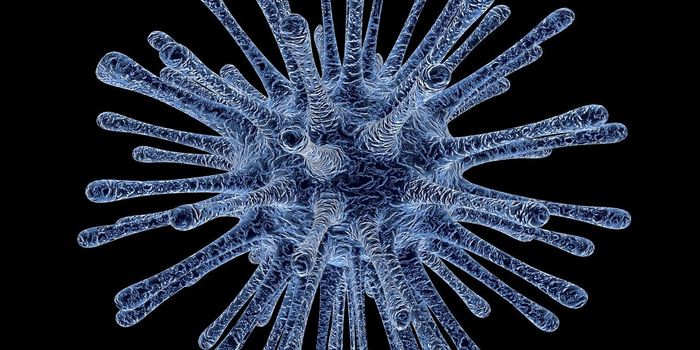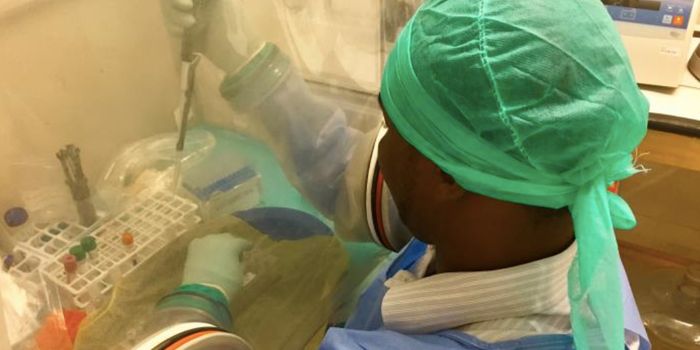Doctors at Johns Hopkins University in Baltimore have obtained approval to become the nation’s first hospital to perform organ transplants between HIV-positive donors and HIV-positive recipients.
The approval is the first to fulfill the HIV Organ Policy Equity (HOPE) Act, a law that allowed organ sharing between HIV-positive individuals. Before the HOPE Act, doctors could not transplant organs from HIV-positive donors, even if the organs were intended for desperate HIV-positive recipients. The HOPE Act was passed in February 2013, and it has taken nearly more 3 years of research to develop the safety guidelines and special considerations for this type of transplant surgery. Nevertheless, the HOPE Act proves fruitful in the Johns Hopkins’ new approval.
"This is an unbelievably exciting day for our hospital and our team, but more importantly for patients living with HIV and end-stage organ disease. For these individuals, this means a new chance at life." - Dorry Segev, associate professor of surgery at the Johns Hopkins School of Medicine who helped draft the HOPE Act.
The United Network for Organ Sharing (UNOS) tabulated that 122,563 people currently are in need of a lifesaving organ transplant. They estimate that on average, 22 people die each day while waiting for a transplant didn’t happen, because shortages in human organ donations.
Meanwhile, Segev approximates between 500-600 HIV-positive people could be suitable donors, whose organs then could save more than 1,000 people. That’s 1,000 more people whose lives could be saved by allowing organ transplants between HIV-positive individuals. And because the pool of available donors increased, the wait time for organ transplants could be shortened, for both people with and without HIV. This amounts to potentially more lives saved overall.
The HOPE Act and Johns Hopkins’ approval were greatly inspired by encouraging results of HIV-positive to HIV-positive kidney transplants in South Africa. In a medical report published in the
New England Journal of Medicine, scientists reported transplant outcomes involving HIV-positive individuals were nearly as good as outcomes for HIV-negative individuals. The results persisted through the 5-year survival analysis.
How soon Hopkins can do the unprecedented transplant surgeries will depend on organ availability and patient match. The Hopkins Hospital, ranked among the top hospitals in the nation, will be the first in the nation to perform an HIV-positive kidney transplant, and the first in the world to perform and HIV-positive liver transplant.
"Organ transplantation is actually even more important for patients with HIV, since they die on the waiting list even faster than their HIV-negative counterparts," Segev says. "We are very thankful to Congress, Obama, and the entire transplant community for letting us use organs from HIV-positive patients to save lives, instead of throwing them away, as we had to do for so many years."
Additional sources:
JHU,
CNN









